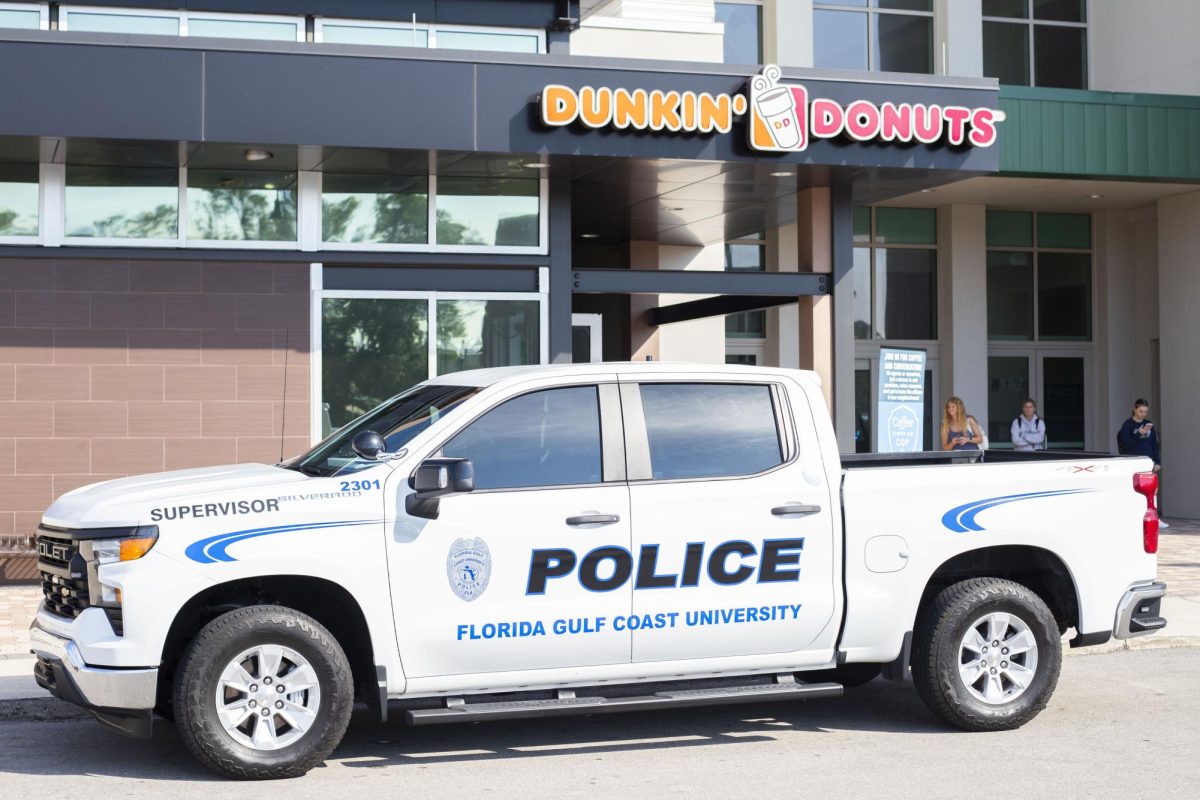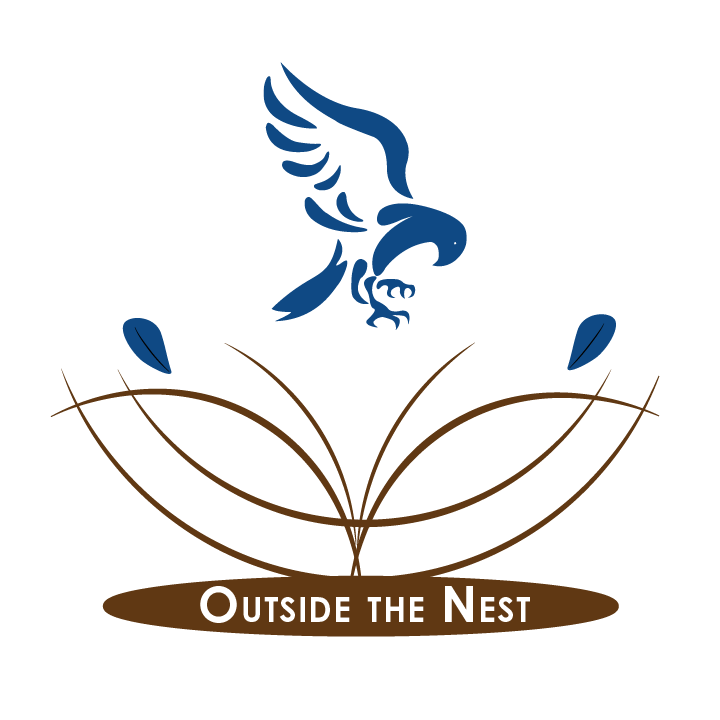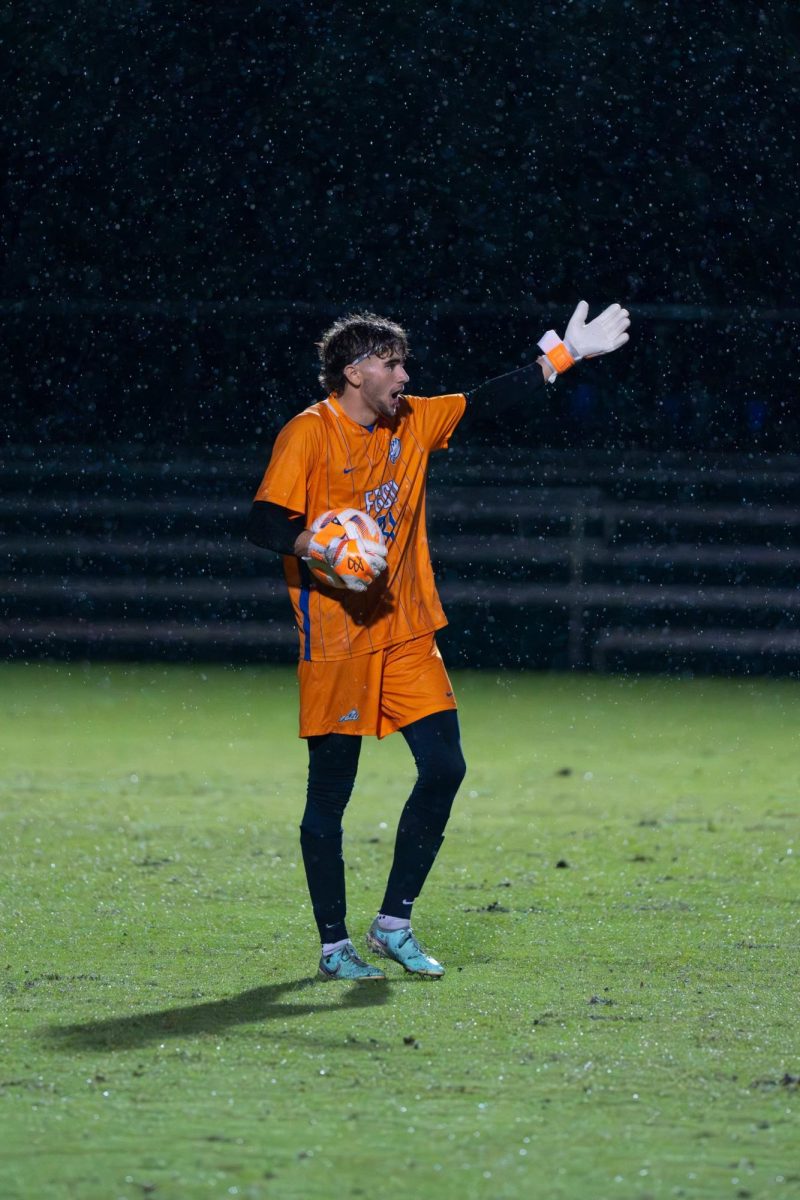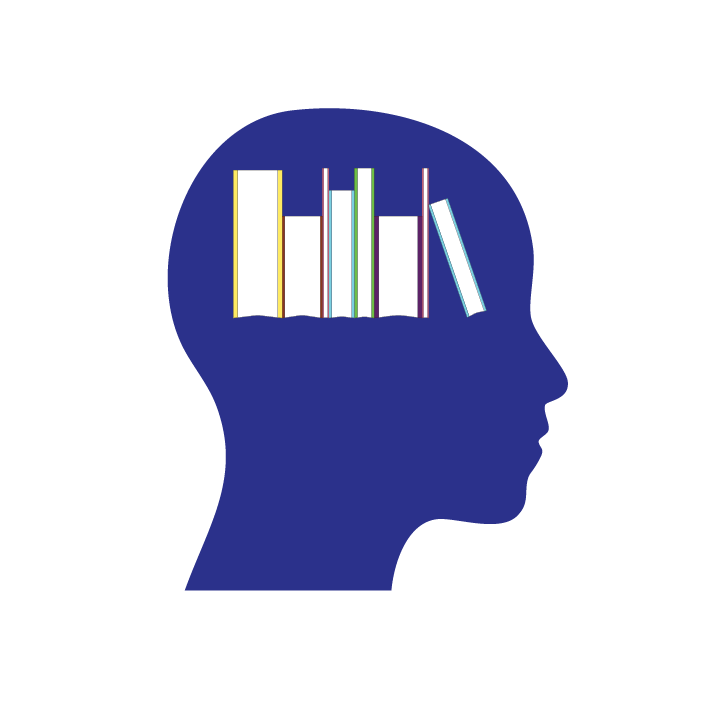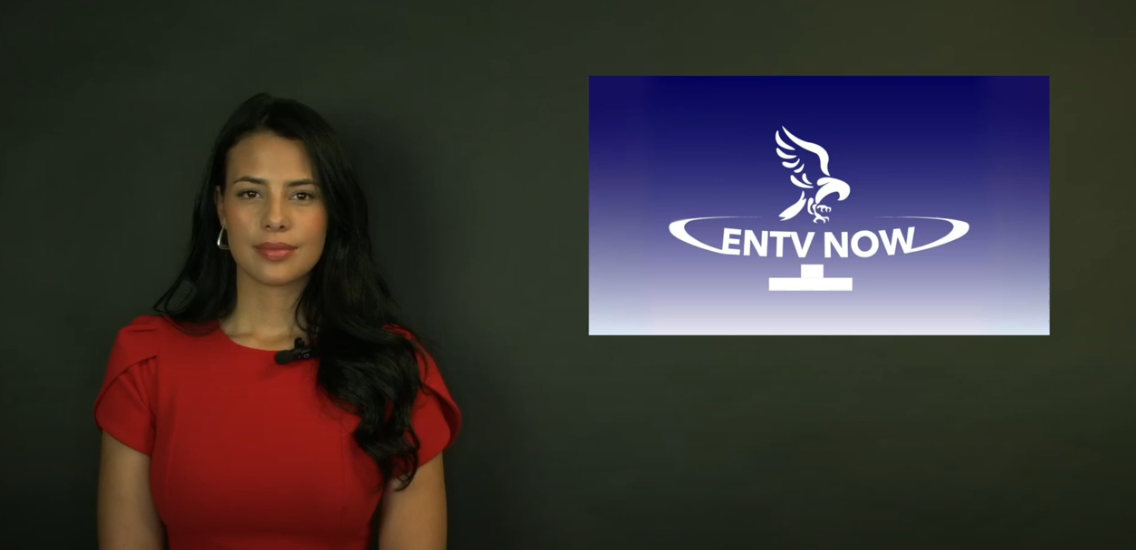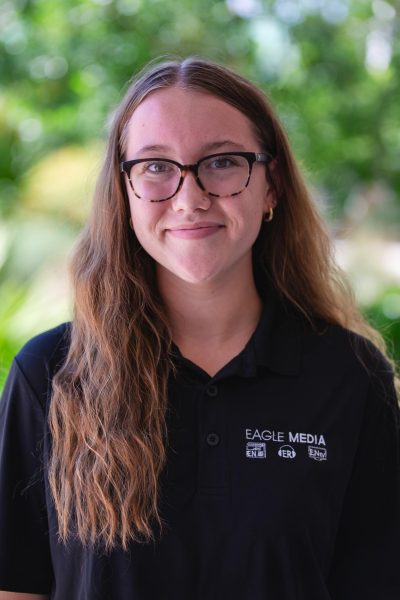Micro-credentials and Digital Badges Influence the Workforce, Giving FGCU Students the Upperhand
March 28, 2023
FGCU began offering a micro-credential program during the 2020-21 academic year. Students have been able to take accelerated courses and gain certificates or digital badges to build desirable skills by the workforce.
These programs became available to Lee County residents for free during the fall 2022 semester, in hopes that residents would apply these skills to careers in Southwest Florida.
“For the most part, it’s a lot of Canvas work or in-person work and then you do something at the end to get the badge,” the Coordinator of Marketing and Student Support through Innovative Education and Partnerships I’Riel Williams said. Most classes have just one exam at the end of the course, which students are able to take more than once. Once that exam is passed, the student is awarded the digital certificate or badge.
There are three categories of digital badges students can earn. One is industry specific, which is linked to a credit earned course and is in partnership with a business in our community. Another is transferable skills, which is based on National Association of Colleges and Employers (NACE) competencies. The third category is continuing education and skills academy, which focuses on professional development. This category offers different competencies that you should know if you want to go into a specific field, but are not necessarily required in the industry.
Some courses, such as badges specific to the medical field, are completed in person with a professor and set schedule. Many of the other courses are done online and are self-paced for students. All courses have an assigned instructor. Professors are available to assist students who may need extra help and to facilitate the class online, even if it is asynchronous.
FGCU is partnered with IBM Skills Academy for this initiative. Programs available include: blockchain technology, artificial intelligence, cloud computing, internet of things, data science, quantum computing, design thinking, construction management, medical device industry, professional sales, senior care partner, certified clinical medical assistant, digital marketing, emergency preparedness and management and turfgrass management.
Dr. Daniel Acheampong is now a micro-credential professor after earning multiple digital badges while attending FSU and earning his second doctorate degree.
“This encourages [students] because it enhances career opportunities,” Dr. Acheampong said.
IBM has many of their own micro-credentials which pertain to the tech field. Some businesses send their employees to the FGCU digital badge program in order to learn these skills and gain certificates.
“It validates your skills and knowledge. You may know how to analyze data, but if you don’t have it on paper, it’s a totally different story,” Dr. Acheampong said. “However, when you go to look for work, all the people you’re up against know how to do the work but only you have the certification.”
Senior Aaron Albright was looking at the curriculum page on the FGCU website when he came across the IBM Skills Academy Badges. He decided to sign up for micro-credential classes in order to make his resume and LinkedIn look better.
“They go at your own pace and the schedule is convenient. The material is very in depth. It’s almost like the detail of a graduate level course, but it’s not getting graded and it’s not a bunch of tests,” Albright said. “There’s a lot of hands-on work with it. You get a lot of practice using tools that are used by professionals in the field.”
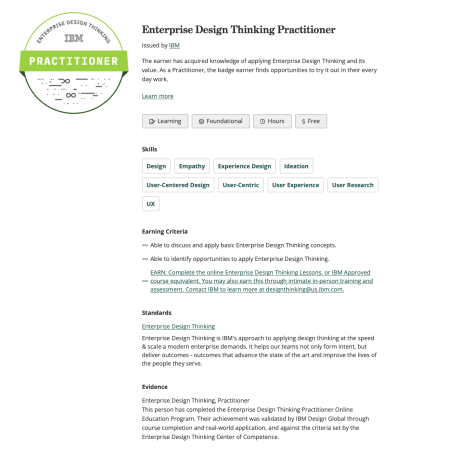
Albright has obtained digital badges for Enterprise Design Thinking Practitioner, IBM Certified Blockchain Practitioner and Certified CyberSecurity Practitioner. These worked alongside his usual class work, and saw an improvement as a result.
“It was a good supplement to the curriculum in information systems. None of my classes covered cyber-security in that much detail, or block chain in that much detail,” Albright said.
As of now, anyone with a Lee County drivers license is able to apply for a grant and take the classes for free. Meaning, the working class can take micro-credential courses to reskill and upskill their knowledge, giving them an advantage in their careers.
Williams is also working toward getting more grants so more students are able to go through the program.
Dr. Acheampong said the majority of students in his micro-credential courses are already in the workforce. Some of them are sent by employers to learn new skills, and some are looking to get a promotion or better job.
He is also hoping for approval in making the micro-credential courses a supplement to some of his FGCU Accounting courses homework. That way, his students will gain credit towards their degree and have a certificate that competitors may not have. He is still working to get the courses free for his students before he can incorporate them into his class.
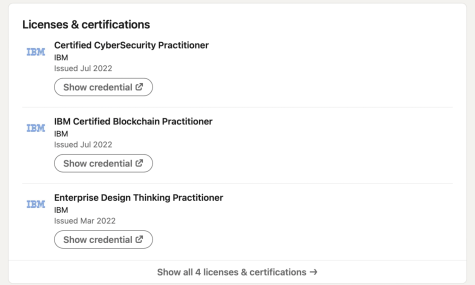
Many of the courses are geared toward undergraduate students and people already in the workforce who are looking to expand their portfolio.
“There are major differences, but the major idea behind them is to be able to connect your skills and build upon them and teach people that you don’t just need a degree, you should have all these different competencies just to be able to be a productive person in the world,” Williams said.
Most digital badges go hand-in-hand with certain majors.
“It’s not a replacement for your degree but it’s actually an enhancement that helps students to be able to prove one advantage in career opportunities, and gain promotions where you are already working,” Dr. Acheampong said.
Information about the micro-credential programs can be found on FGCU’s website.


